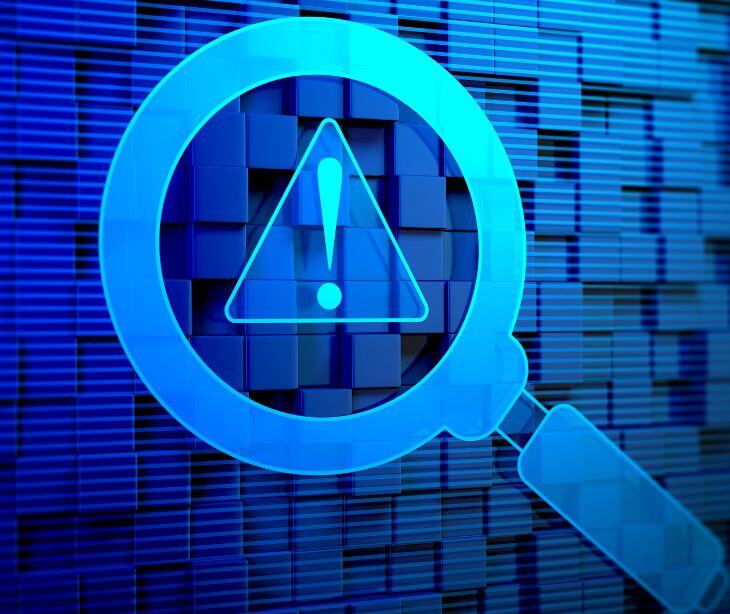
Mental health data and the dark web are linked because the dark web serves as a shadowy marketplace where sensitive information can be bought and sold anonymously. Mental health records contain deeply personal information, such as psychological assessments, diagnoses, and treatment details, making them especially attractive to cybercriminals. On the dark web, these criminals can easily trade this information without being traced.
Why is mental health data valuable on the dark web?
According to “Cybersecurity: a critical priority for digital mental health”, “Personal health data is now the most valuable form of data on the dark web according to sources, and cybersecurity breaches in the healthcare sector continue to grow.”
Mental health data is incredibly valuable on the dark web for several reasons, primarily due to the deeply personal and sensitive nature of the information it contains. It is a form of data that often includes comprehensive details about an individual’s mental health diagnoses, treatment plans, personal therapy notes, and even confidential conversations with mental health professionals.
Criminals target this data because it provides unique insights into a person’s vulnerabilities and psychological triggers, making it easier to craft personalized scams or manipulate individuals in more direct and impactful ways. The stigma associated with mental health issues can make individuals desperate to keep their conditions private.
Hackers can demand substantial ransoms in exchange for not releasing this sensitive information to the public or to people's social and professional circles. The detailed personal information found in mental health records can be used for identity theft, allowing criminals to open accounts, obtain credit, or commit fraud under another person’s name.
How is mental health data accessed and sold?
In the dark web, mental health data is typically sold or traded through anonymous marketplaces and forums. These platforms operate outside of standard internet protocols, offering a degree of anonymity to their users. Cybercriminals list the stolen data, often categorized by type and relevance, and interested buyers can purchase it using cryptocurrencies like Bitcoin, which provide an additional layer of anonymity.
The transactions are discreet, with both parties utilizing secure communication channels to avoid detection. The nature and format of the data sold can range from individual medical records to bulk databases containing information from multiple patients. The forms of attacks used to access this data from healthcare facilities include
- Phishing attacks: Sending fraudulent emails or messages that trick individuals or employees into revealing sensitive information.
- Hacking into healthcare systems: Exploiting vulnerabilities in healthcare IT systems to access patient records.
- Insider threats: Employees within healthcare organizations intentionally or unintentionally leak data.
- Ransomware attacks: Encrypting healthcare data and demanding payment for its release.
- Unsecured networks: Intercepting data transmitted over unsecure or public Wi-Fi networks.
- Social engineering: Manipulating individuals into divulging confidential information.
- Physical theft: Stealing devices like laptops or hard drives containing sensitive data.
- Third-party breaches: Attacking vendors or partners with access to healthcare data.
See also: What happens to patient information on the dark web?
How can mental health data be protected?
Organizations need to adjust their cybersecurity strategies to protect patient data due to the sensitive nature of the data sold. As cybercriminals become more sophisticated, organizations must evolve their cybersecurity measures to avoid emerging threats. This involves:
- Implementing advanced security technologies such as encryption
- Intrusion detection systems
- AI-driven threat monitoring
- Regular security audits
- Staff training in data privacy
- Secure incident response plans
Organizations can better protect patient data from unauthorized access and exploitation on the dark web by strengthening their cybersecurity defenses.
See also: Security concerns over ChatGPT update
FAQs
What is the dark web?
The dark web is a part of the internet that is not indexed by standard search engines and requires specific software to access, often used for anonymous communications and transactions.
What is construed mental health data?
Construed mental health data refers to interpreted or derived information about an individual’s mental health status, based on their medical records, therapy notes, or other related documents.
What is cybersecurity?
Cybersecurity is the practice of protecting computer systems, networks, and data from digital attacks, unauthorized access, or theft.
Subscribe to Paubox Weekly
Every Friday we bring you the most important news from Paubox. Our aim is to make you smarter, faster.




